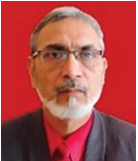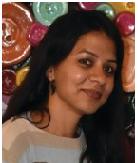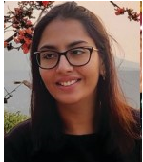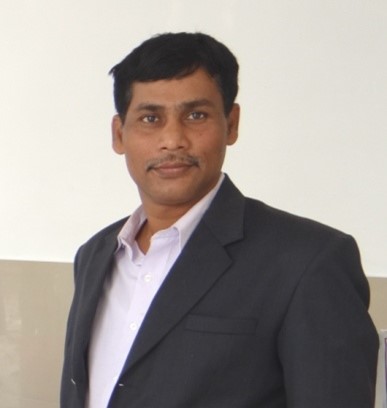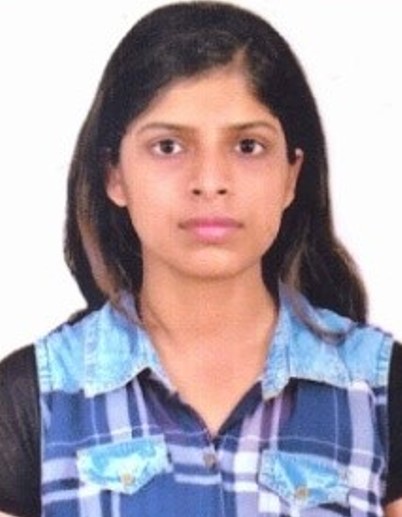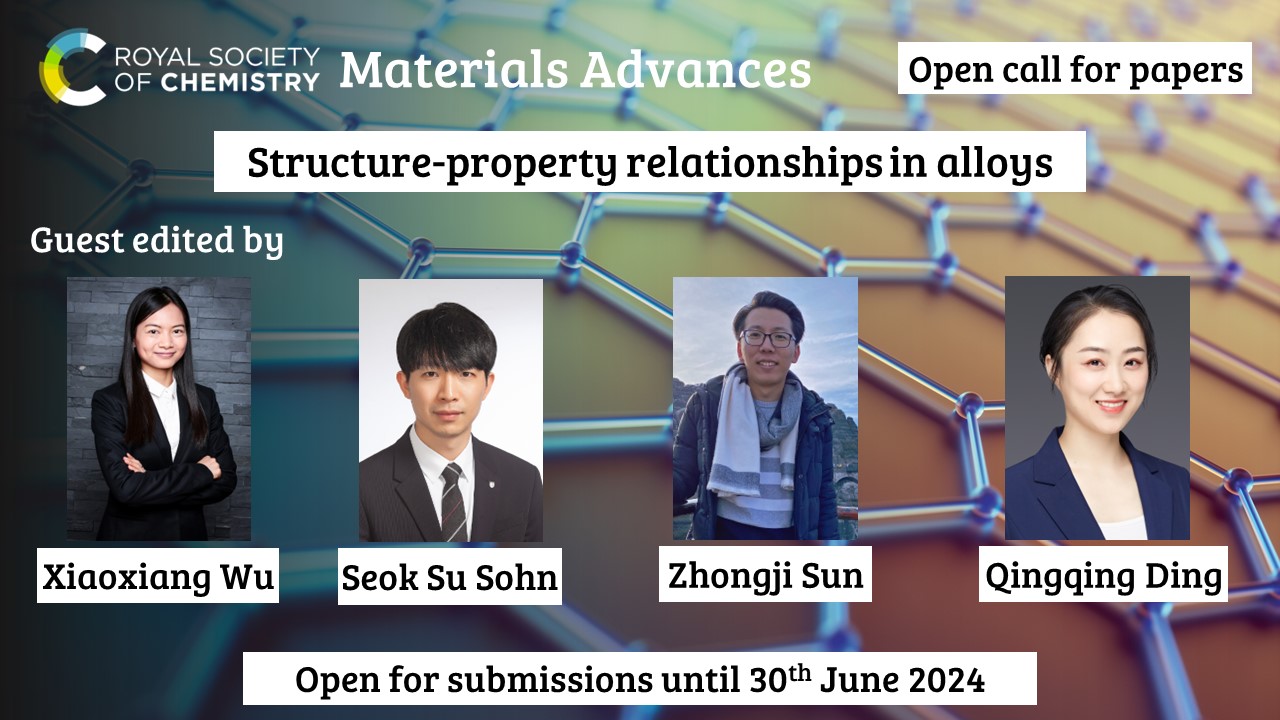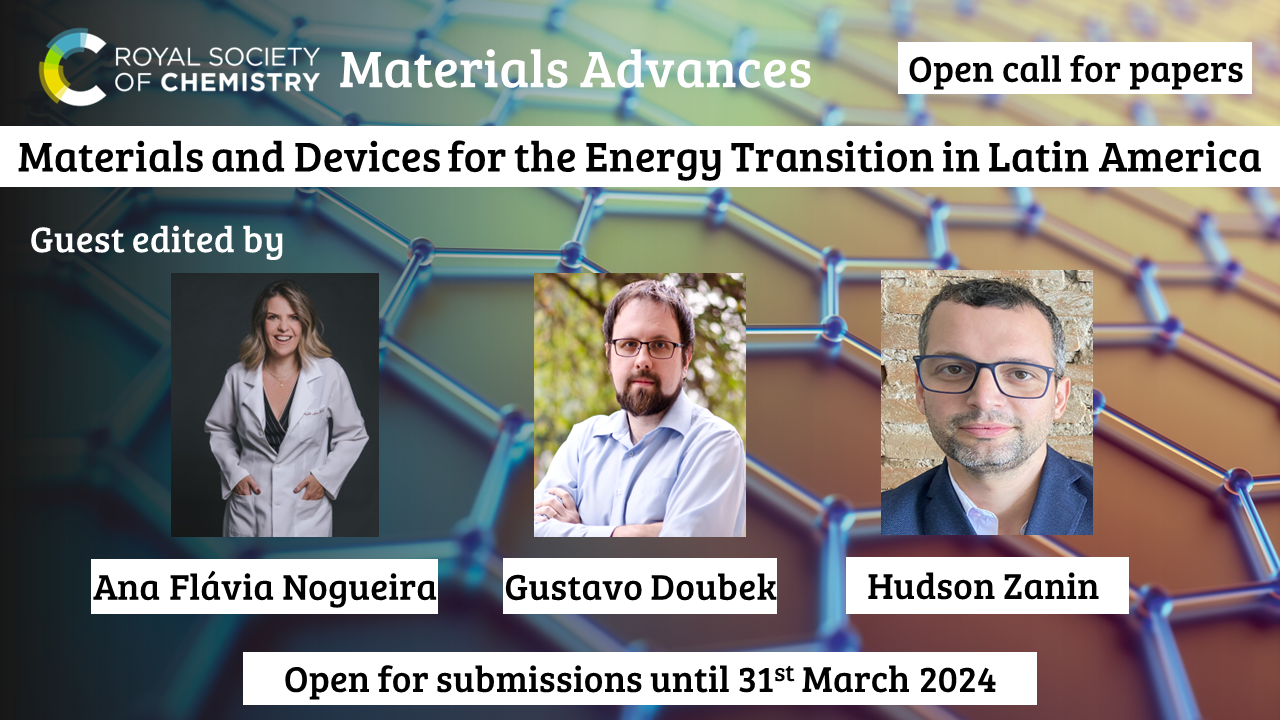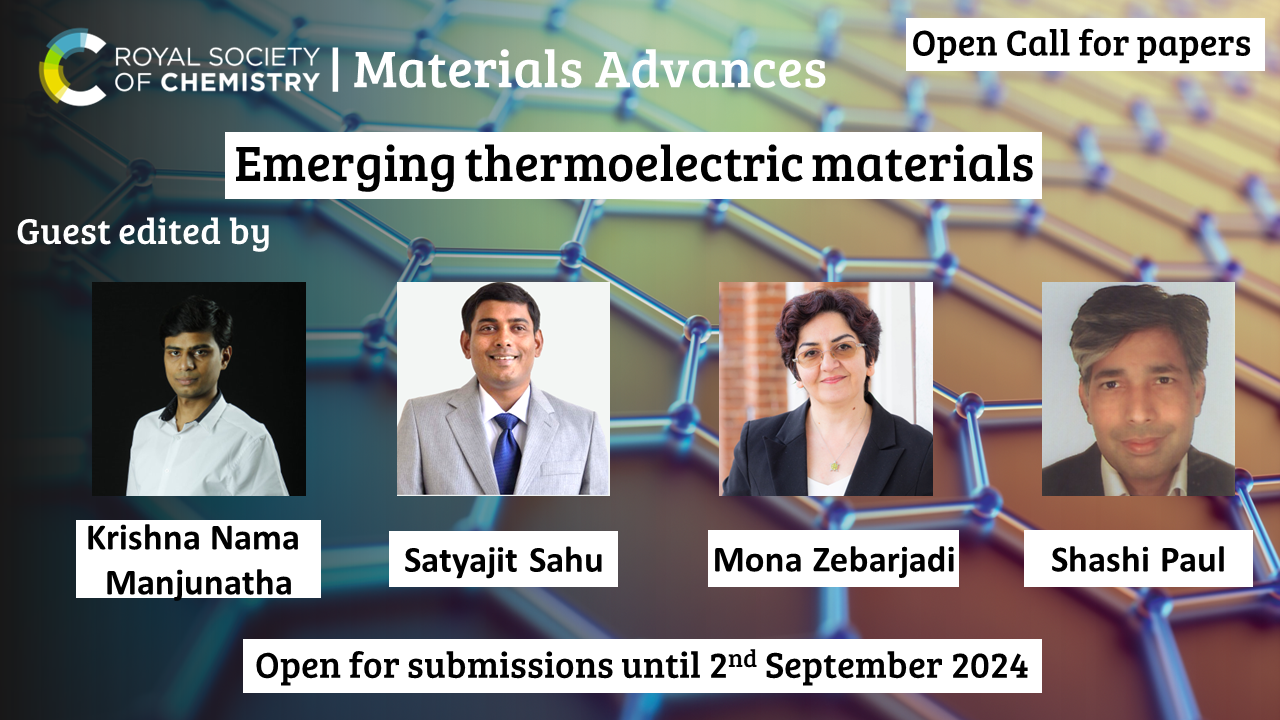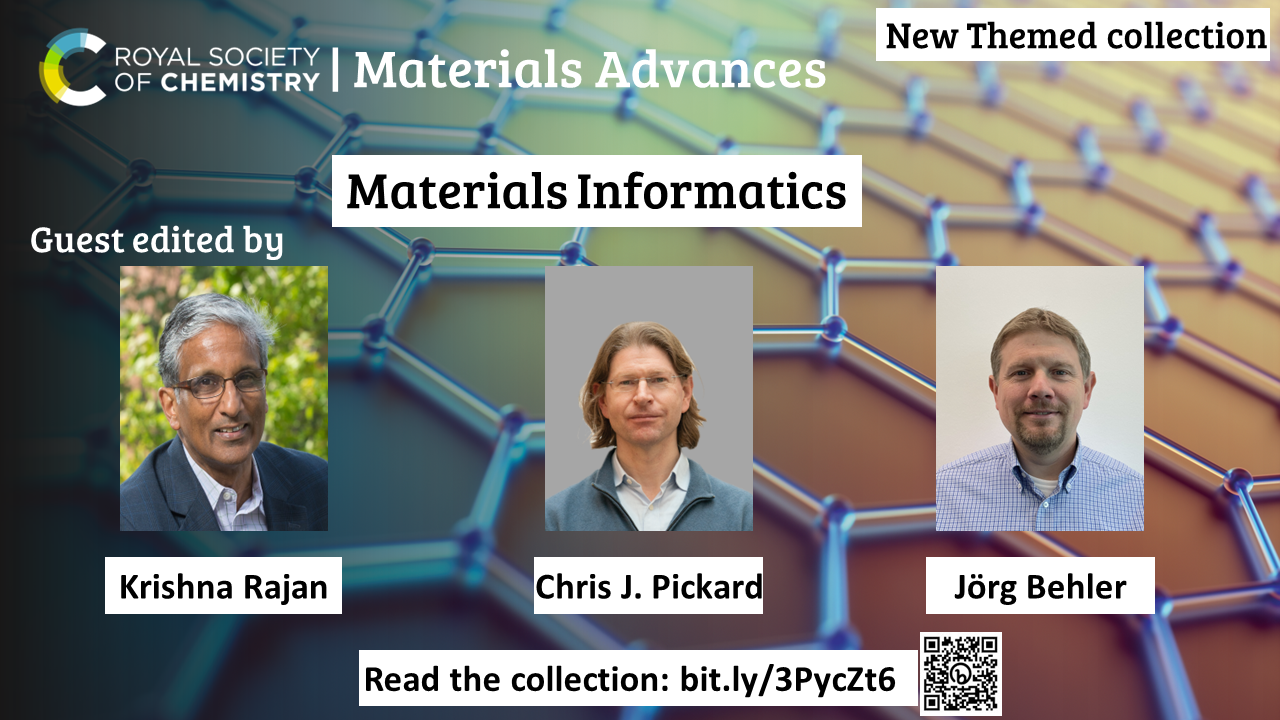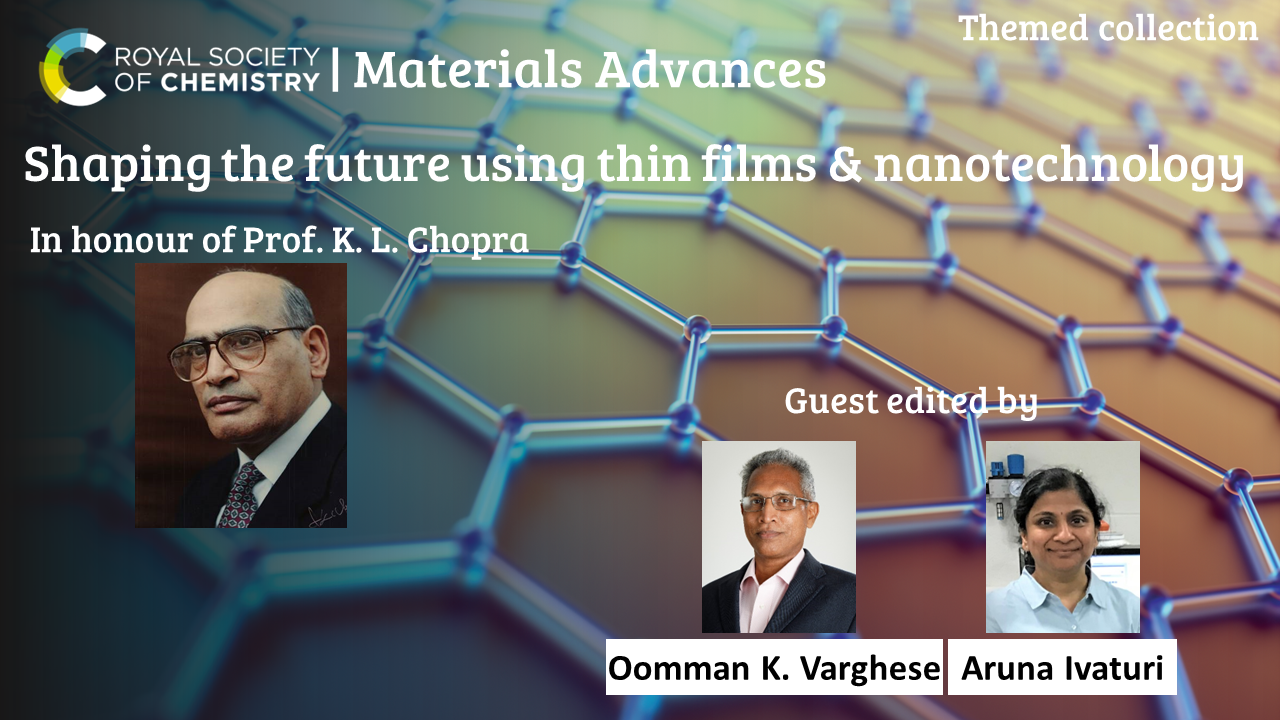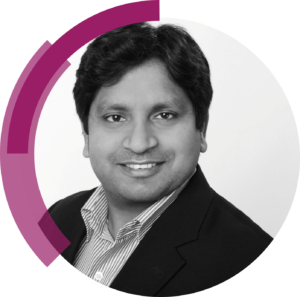“Selenium nanoparticles: a review on synthesis and biomedical applications”
Materials Advances publishes review articles on topics across materials science, which are open access and free to read. To celebrate our excellent review articles, we asked the authors of some of our most well-received review articles to discuss their work in more detail.
In this post, we share insights from our interview with the authors of the recently published Materials Advances review “Selenium nanoparticles: a review on synthesis and biomedical applications“.
Insights from the authors of a highly cited Materials Advances review article
What aspect of your research are you most excited about at the moment?
“Elemental selenium (Se) has great importance in the fields of physics, chemistry, and biology. Se is an important element for human requirement. The United Kingdom group of vitamins and minerals recommended the daily intake of selenium by women and men should be 60 μg and 70 μg, respectively. A daily intake of more than 400 μg could be toxic which leads to a disorder known as selenosis. Selenium plays a key role as a biochemical component of glutathione peroxidase, an enzyme responsible for the protection of essential SH-groups and for the decomposition of peroxides, thereby acting as an antioxidant. In addition to immense role in biology, selenium based nanomaterials have attracted great attention of researchers and in fact metal selenides quantum dots are key component of modern day nanotechnology. Source of selenium often is a tricky component in such materials but bio-generated selenium may become a potential step in fine tuning and biocompatible quantum dots for a range on biomedical applications.
What do you find most challenging about your research?
Availability of greener selenium source for advancement of metal selenide quantum dots and their utility in the filed of biological sciences and biomedical industries as fluorescent tags, photonic materials. Such a collection for articles and review on single element chemistry such as the current one leads to much ease of operation for the researchers and the challenge associated can be managed and handled more effectively. In my research source of selenium is still a great challenge.
What does it mean to you to have a highly cited review article?
Getting recognition for our research and scientific contribution and that too from our peers from the Royal Society is much of moment of proud for us and is very gratifying feeling. It boost the confidence and makes us more responsible for conducting impactful research in our chosen field.
How do you feel about Materials Advances as a place to publish research on this topic?
When Royal Society floated this journal almost 3-4 years ago, we were sure that like any other RSC publication, this too will fetch global standard and we were proven right when its impact factor was disclosed last year and I am very proud to be associated with such new yet highly prestigious journal. Not many get the opportunity to be part of RSC publications. I am proud of my team to have agreed with me to choose materials advances for our publications. Ever since its inception, this journal has maintained high-quality research publications and has become first choice for material science.
What is one piece of career-related advice or wisdom that you would like to share with early career scientists?
Early career researchers should avoid being part of mad-race that publishes randomly without much clarity in their goals. They should identify research problems that will impact human race globally and try to come out of pathbreaking research results. They should not hesitate to establish early collaboration for multidisciplinary research as in today’s time applied research is much in demand and making great impact
Meet the authors
We congratulate the authors on their impactful work and wish them success in their future academic research!


